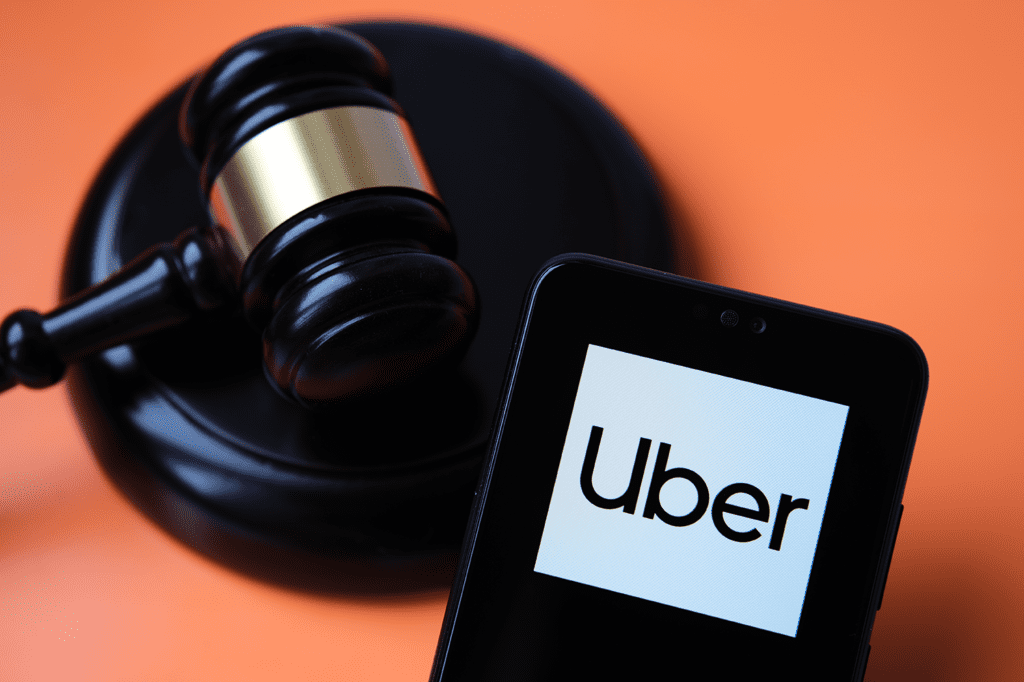How Uber’s Insurance Policies Are Squeezing Their London Drivers

For many London private hire drivers in the UK, the restrictions of Uber’s Instadoc system may have added an extra hurdle to their already demanding jobs.
Introduced in January 2022, Uber’s restricted panel of approved insurance suppliers has been controversial. It forces drivers in London to select policies from a limited group of eight insurers. While this system was designed to improve safety and compliance, the reality for a number of drivers has been rising premiums, reduced choice, and mounting frustration.
The Costs of Compliance
Private hire drivers across London have voiced their concerns, with some reporting insurance premiums that have nearly tripled since 2021. According to data from an industry price comparison website, more than 70% of drivers have faced higher insurance costs due to the panel restrictions. Many drivers argue that the restrictive system has blocked access to competitive rates.
Take, for instance, Seth Seglah, an Uber driver who claims his premium skyrocketed, leaving him with few options. “I have to work. When the premiums go up, I have no choice,” he said. Seglah’s frustration mirrors that of many others who feel they’re being strong-armed into unaffordable policies.
For some the consequences have been dire. One driver was locked out of his Uber account after securing a cheaper policy from a non-panel insurer. Another had to downgrade from fully comprehensive to third-party-only cover. In extreme cases, drivers have been forced to retire because they couldn’t renew their policies under panel restrictions. These stories highlight the real-world impact of Uber’s insurance policies on private hire drivers.
Grant Georgiades
Managing Director, Plan Insurance Brokers
“The static nature of Uber’s panel fails to take into account the fluctuations of the private hire insurance market. Uber drivers can’t benefit from a supply of new insurance providers with different rating models and varying risk appetites. The current issue is that potential new entrants are excluded from around 40% of drivers.
Therefore breathing new life into the market is challenging as the business case for launching is severely restricted. The panel might have been competitive when it launched but the state of play changes very quickly. Without new challengers what incentive is there for the current underwriters to sharpen their pencils and keep rates competitive?”
The System Behind the Strain
Uber’s insurance panel was established under pressure from Transport for London (TfL) to ensure that all drivers had valid and compliant policies. Through its document-checking system, Instadoc, Uber can now verify policies in real-time, which has helped identify issues in 174 cases during the last TfL licensing period. The system is intended to enhance safety and compliance, but critics argue it has unintentionally created anti-competitive environment.
By limiting the market to eight insurers, representing about half of the UK’s private hire insurance providers, Uber has essentially reduced the number of competitors for drivers’ business. This restriction has been great for the panel insurers but has been a potential financial strain on drivers.
Plan Insurance can provide bespoke taxi insurance quotes for all UK drivers. Just fill in our short online questionnaire, and our professional brokers will be in contact to arrange your insurance.
GMB Union Pushes Back
Recognising these challenges, the GMB union has stepped in, calling for an expansion of the panel or the elimination of restrictions altogether. “It should be an open market,” said Steve Garelick, GMB’s regional organiser, who will be raising these demands at quarterly talks with Uber. Garelick emphasised that competition is key to driving down premiums for private hire drivers.
Critics, including competition economist Paula Ramada, suggest that Uber’s actions might constitute an abuse of dominance. Ramada describes the panel as a “potentially anti-competitive vertical restraint” that limits drivers’ ability to shop for better deals. Drivers like Muhammad Minar, whose premium surged by 48% this year, echo this sentiment. “We have no power. They own too much of the market,” he said.
What’s Next for Drivers?
Uber has defended its panel, claiming it accounts for over 90% of policies sold in London’s private hire vehicle market at the time of its creation. The company also asserts that it doesn’t receive commissions or set prices, stating, “We do not have visibility into the price-setting of the panelists.”
Looking ahead, Uber plans to roll out changes in early 2025. These include a system allowing drivers to compare premiums across panel insurers, a move designed to improve competition. While this may bring some relief, drivers and unions argue that true fairness lies in opening the market to all insurers who meet compliance standards.
Calls for Change
The GMB union and industry experts are clear: the current system disproportionately burdens drivers. Allowing more insurers onto the panel or removing restrictions entirely would foster a healthier, more competitive market and alleviate the financial pressures faced by thousands of hardworking drivers.
The debate over Uber’s insurance panel highlights broader issues within the gig economy, where platform dominance can potentially impact worker autonomy. For now, drivers and unions are fighting for a fairer system that prioritises their financial well-being as well as safety and compliance.
Find out why 96% of our customers have rated us 4 stars or higher, by reading our reviews on Feefo.



